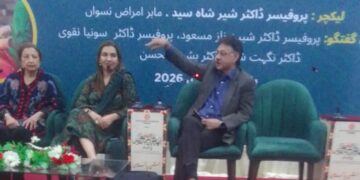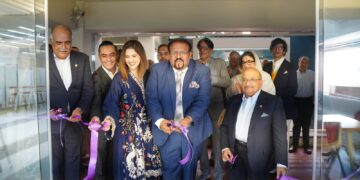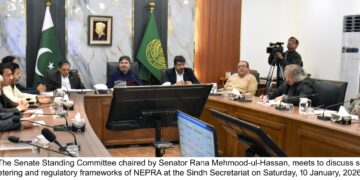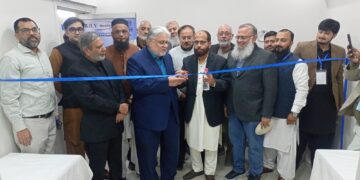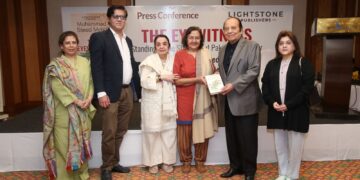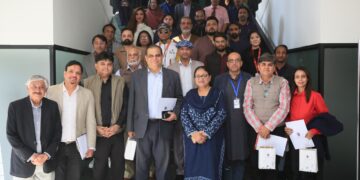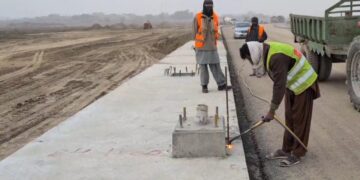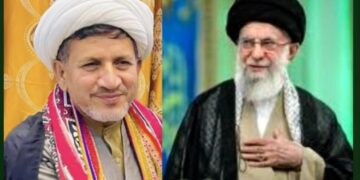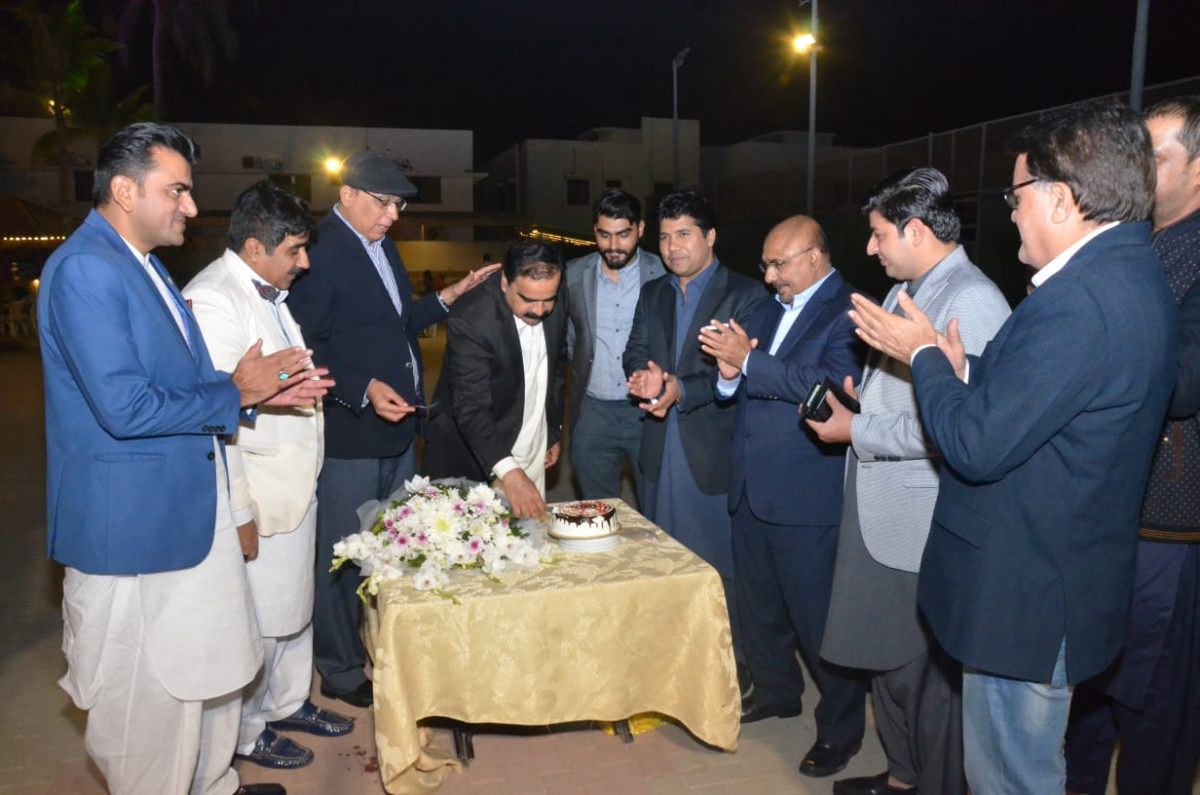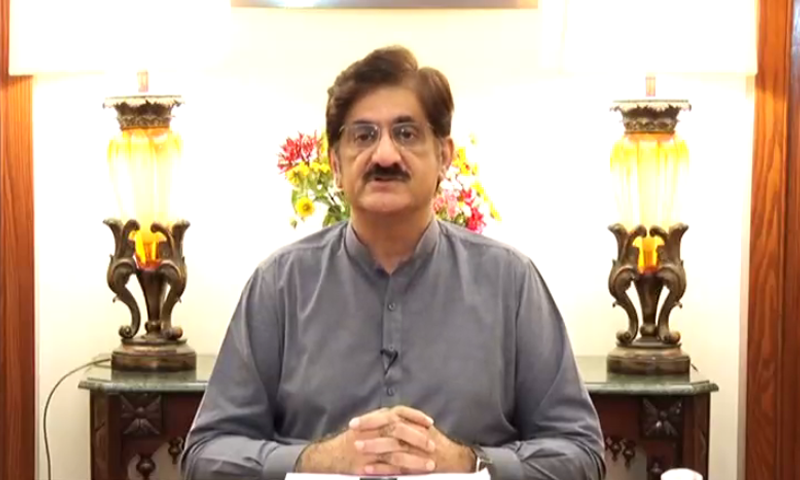FAISALABAD – Prime Minister Imran Khan Friday reiterated that the country’s riddance of poverty was only possible by doing away with the anti-investor mindset and promoting wealth creation through industrialization.
Addressing the groundbreaking ceremony of Allama Iqbal Industrial City of Faisalabad being established under China Pakistan Economic Corridor, the prime minister said Pakistan would follow the successful Chinese model of allowing the wealth creation that had made the country steer its around 700 million people out of poverty within three decades.
Federal Planning Minister Asad Umar, Advisor to Prime Minister on Commerce Abdul Razzak Dawood, Chief Minister of Punjab Sardar Usman Buzdar, Punjab Governor Chaudhry Muhammad Sarwar and provincial ministers also attended the ceremony.
The project is one of nine Special Economic Zones planned under China Pakistan Economic Corridor (CPEC) Industrial Cooperation Framework. Out of nine, three have been declared as Prioritized Special Economic Zones by the governments of Pakistan and China including the Allama Iqbal Industrial City of Faisalabad, Rashakai SEZ in KPK and Dhabajee SEZ in Sindh.
The project is expected to create 300,000 jobs for the people of Punjab in the next five years and would attract approximately Rs 400 billion investment in automobiles, value-added textiles, engineering, pharmaceuticals, food processing, chemicals, construction materials, FGCG and packaging sectors. It will contribute to the GDP of Pakistan, increase the exports of the country and would also encourage import substitution.
Terming the establishment of first SEZ in Punjab a giant leap towards the accomplishment of his government’s vision to alleviate poverty through industrialization, the prime minister said it would beget job opportunities for the youth who would also be skill-trained to cope with the future needs.
He said industrialization was inevitable as the agriculture sector could not suffice the youth’s job needs.
He said the country had been going through industrialization until 1960s when anti-investor mindset and policies were promoted what he said must be done away with.
He said industrialization should follow the special focus on the enhancement of exports, agricultural productivity, and promotion of tourism to truly exploit the existing potential.
The prime minister who earlier unveiled the plaque to launch work on the project called for a special focus on technical education to skill-train the youth to enhance their productivity and value addition.
Congratulating the Punjab government and allied federal and provincial departments for expediting the work on the special economic zone, he said China was taking a keen interest in Pakistan and like Vietnam, Pakistan should create a conducive atmosphere to attract the Chinese industry looking for relocation.
He told the gathering that the Chinese companies were not only ready to invest in Pakistan but also willing to transfer technology to enhance productivity by establishing technical training institutes in the country.
He also asked the Punjab government to expedite work on other SEZs planned in the province and assured all-out support by the federal government.
The prime minister lauded the performance of the new administrative machinery in Punjab and said the bureaucracy had been left with no excuse to perform after the federal government had amended the NAB ordinance to ebb away the procedural pressure from them.
He also appreciated the newly posted Inspector General of Punjab Police Shoaib Dastgir for making a good start by arresting the notorious robber’s gangs from different cities who, he viewed, sometimes also enjoyed the patronage of some politicians. The prime minister hoped that the province would be purged of such criminals within the next two to three months.
He also spoke highly of the Punjab chief minister for being available to the people and leading a simple life that was also expected from a political leader of the country bearing the burden of foreign debts.
Earlier, the prime minister also criticized the political leaders for unnecessarily speaking English to the Pakistani audience at a public gathering or even at the parliament where the majority could not understand English properly. He viewed that English should be used in higher education but not as a tool of class distinction or to humiliate the poor people who could not speak or understand the language.
Earlier, Chief Minister Punjab Sardar Usman Buzdar said the Punjab government had allocated Rs 5 billion for the industrial city to be established over 3,217 acres. Spanned over stretch of around 22 kilometers, the city would also house a police station, labour colony, TEVTA Institute and a hospital which were nearing completion.
Another industrial city was also being developed on Motorway M-3 over 4,500 acres and was expected to be inaugurated in March this year.
He said the Punjab government had planned 10 SEZs in the province with six of those had already been approved by the federal government and rest were in the pipeline.
He said the Punjab government had also given Rs 1.5 billion to Technical Education and Vocational Training Authority (TEVTA) to train around 150,000 people and the number would be increased to one million. Besides, the provincial government had also allocated Rs 6 billion to provide loan to youth, he added.






